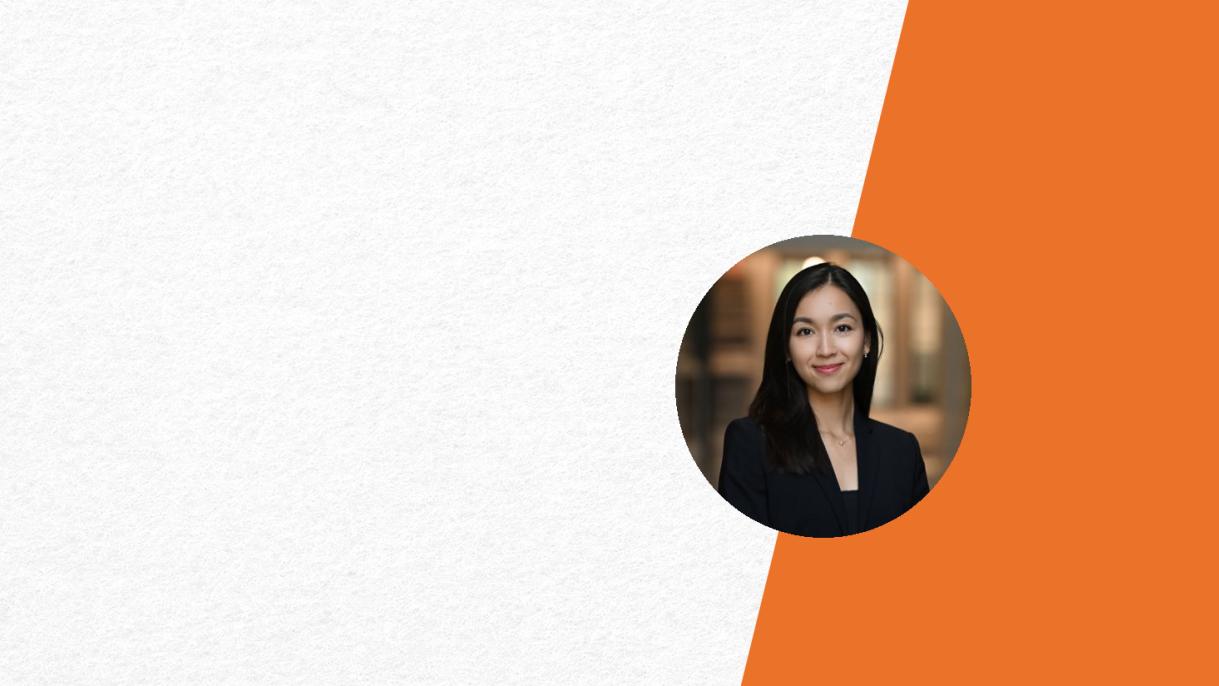

#PolicyProfile: Noe Hinck Ph.D. Candidate
I lived in China through most of elementary school, and at that point, Shanghai was still very much developing. Outside of our compound, I saw extreme poverty, and I realized early on that it's just a matter of where you were born. I felt very privileged, and that gave me much more perspective on what the inequalities are.
I saw them firsthand again when I was working in South Sudan as part of the UN’s International Organization for Migration. My main project was a country-wide assessment to estimate the prevalence of different kinds of needs and vulnerabilities within the population. Especially in emergency situations like South Sudan, these reports are particularly important because they inform the response plan and help to allocate the funding directly to where it is needed the most. During my time there, I saw such stark differences in how people lived. I was in a compound where electricity and water were privately supplied, while some of my colleagues went home to places that didn't have internet. Some had electricity, but that was not a given. In the beginning, I felt really guilty; I didn't know how to really deal with that disparity because I thought it was incredibly unfair.
"What changed my mindset was focusing on why I was doing the work that I’m doing. "Noe Hinck Ph.D. Candidate
Using what I've gotten so far in my life to help the people who don't have what I do is a way to rectify these inequalities. After I finish the Ph.D. program, I want to go back into development, humanitarianism, and foreign aid. I'd also be very interested to see more sort of the coordination side and the government side of it. I have a very cynical view of it all because when you’re working in it, the main thing you do is find solutions to problems. I’m always thinking about problems, but I'm also very optimistic and positive about what we can do to better the world. I’ve seen a lot of good come out of policy, and I want to be involved to use that as a platform to do good.

